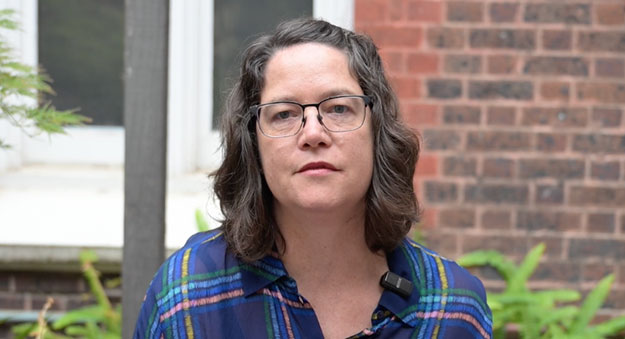- /
- About us /
- Where we work /
- Australia

Australia
Burnet is committed to working with and for Australians. We have over 400 staff based in Australia, with laboratories located at our Melbourne office.
Better care for people in prison who use drugs
In Australia, more than 40,000 people were incarcerated as of June 2024. Among this population, substance use and dependence is high, leading to significant harms to their health.
To address the national policy gap in medical care for incarcerated people who use drugs, Burnet and Western Health (Victoria) established the National Prison Addiction Medicine Network (NPAMN) in 2023.
The network brings together jurisdictional custodial health representatives, clinicians, consumer advocates, and academics to promote evidence-based healthcare for people in prison who use drugs.
—Dr Jocelyn Chan, Burnet research officer and Western Health Addiction Medicine registrar

Partnering to eliminate hepatitis C
Eliminate Hepatitis C Australia (EC Australia) brings together experts to help eliminate hepatitis C as a public health threat in Australia by 2030.
Advocating for clean indoor air
With support from the Victorian Government, Burnet has established the Pathway to Clean Indoor Air project to build evidence for sustainable solutions to improve indoor air quality.
“Australians spend 90 per cent of our time indoors but the air we breathe inside our public spaces is not always safe,” said Burnet director and CEO Professor Brendan Crabb AC.
“This project has the potential to reduce the health, social, and economic impacts of airborne infections and pollutants, with measures that could be adopted throughout Australia and in other parts of the world.”

Burnet special advisor clean air Dr Bronwyn King AO, Australian Academy of Science Chief Executive Annamaria Arabia OAM, Australian Prime Minister Anthony Albanese MP, Thrive centre director Professor Lidia Morawska, Burnet director and CEO Professor Brendan Crabb AC at a meeting in Parliament House.

A world-class infectious disease centre
The AIID is a $650 million project bringing together world-leading medical research and public health organisations in Victoria to improve infectious disease and pandemic prevention, preparation and response.
The project is led by foundation partners Burnet Institute, the University of Melbourne and Doherty Institute, with support from the Victorian State Government.
Identifying new ways to predict preterm births
Preterm births are births that occur before 37 weeks of pregnancy. Worldwide, one in 10 babies are born preterm and about one million babies die each year due to complications from being born too early.
In collaboration with the University of Western Australia and Monash University, our researchers are analysing more than 6,000 proteins from 500 women to identify biomarkers to predict spontaneous preterm birth.
—Dr Lindi Masson, Deputy Program Director, Women’s Children’s and Adolescents’ Health
"The data will also help us understand the underlying causes of spontaneous preterm birth, which could inform the development of new treatments,” said Lindi.
More of our work in Australia

Injecting drug use in Melbourne: SuperMIX cohort study
The largest and longest-running active cohort study of people who inject drugs in Australia (since 2008).

Victorian Ongoing Initiative for Community Engagement (VOICE)
Working with communities and service providers to meet public health needs.

The Gist: a pornography education program to improve sexual health and wellbeing in young people
The Gist helps young people navigate sex and relationships. It includes a website, educational videos and in-person education sessions in schools and youth services in Victoria.



